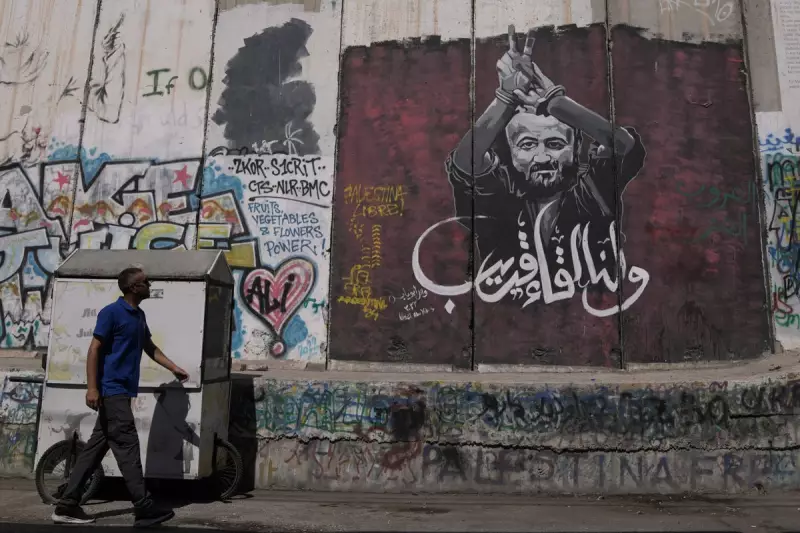
In a dramatic intervention from behind bars, Marwan Barghouti, the prominent Palestinian political figure serving multiple life sentences in Israeli prison, has broken his long silence with a powerful statement addressing the ongoing conflict in Gaza.
Prison Manifesto Calls for Palestinian Unity
The message, disseminated through his lawyers, represents Barghouti's first significant political declaration in years. The imprisoned leader, often mentioned as a potential future Palestinian president, issued a stark warning about the deteriorating conditions facing Palestinian detainees in Israeli facilities.
Barghouti demanded the immediate release of all Palestinian prisoners, framing their incarceration as a central issue in the broader Palestinian struggle. His statement comes amid reports of worsening treatment and conditions for detainees since the October 7th attacks that triggered the current conflict.
Appeal for National Cohesion
The political heavyweight, who maintains significant influence within Palestinian politics despite nearly two decades of imprisonment, made an impassioned plea for unity among rival Palestinian factions.
"The Palestinian cause cannot afford division at this critical juncture," Barghouti's statement emphasised, calling for collective action to address the humanitarian crisis unfolding in Gaza and the political challenges facing Palestinian aspirations for statehood.
Background of a Controversial Figure
Barghouti's political journey has been marked by both controversy and admiration. Once seen as a potential peacemaker during the Oslo Accords era, his involvement in the Second Intifada led to his 2004 conviction for murder in Israeli civil courts - charges he and his supporters have consistently denied, labelling the trial as politically motivated.
Despite his imprisonment, recent polling suggests Barghouti remains the most popular choice to succeed the 88-year-old Mahmoud Abbas as Palestinian president, underscoring his enduring political relevance.
International Reactions and Implications
The timing of Barghouti's statement has drawn attention from regional analysts, who see it as a significant development in Palestinian internal politics. His ability to communicate from maximum security confinement demonstrates both his ongoing political operation and the symbolic power he continues to wield.
As the Gaza conflict continues with no clear resolution in sight, Barghouti's intervention adds another layer of complexity to an already multifaceted crisis, reminding the international community that the Palestinian political landscape extends far beyond the current leadership in Ramallah.






